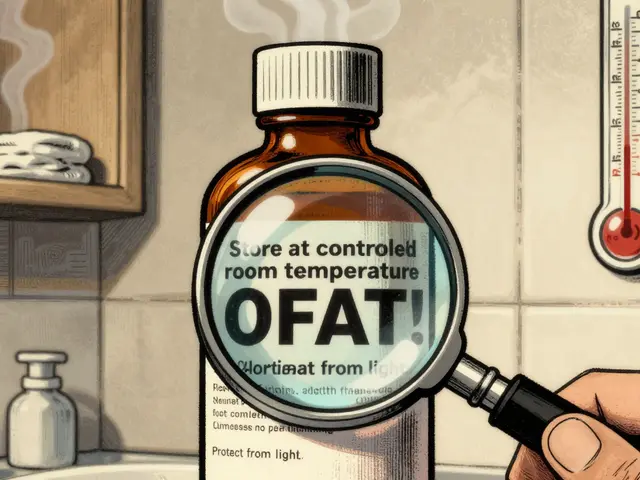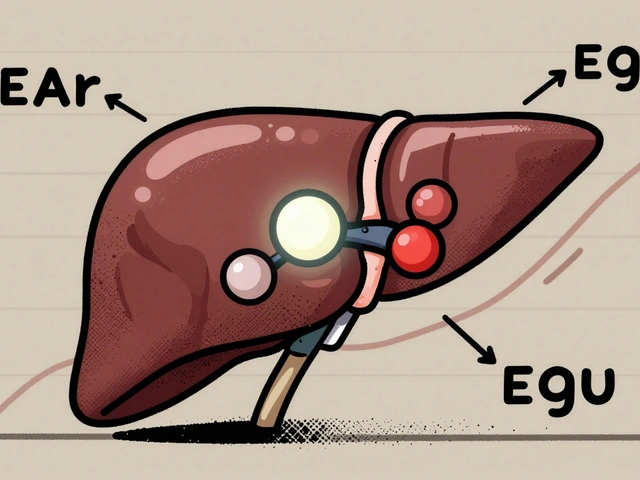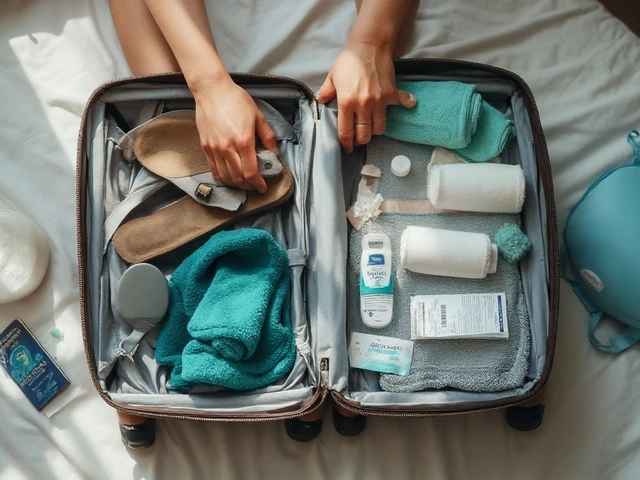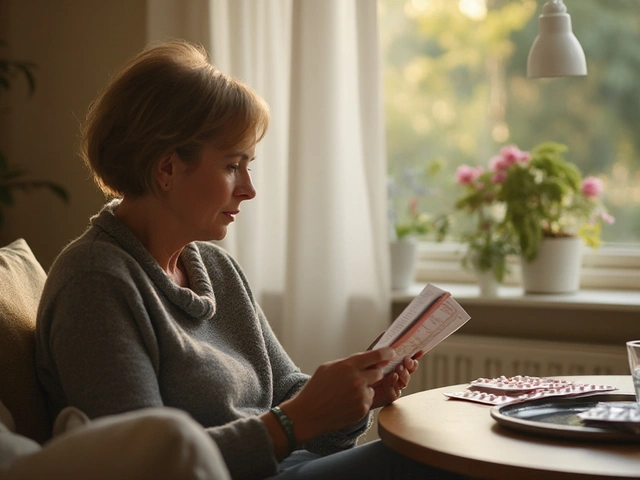ADHD: Simple, Practical Advice for Adults, Teens, and Parents
ADHD shows up in different ways. Some people struggle with focus and attention, others with impulsivity or restlessness. This page gives clear steps you can use right away: how to spot common signs, what treatments work, and how to talk to a clinician. No fluff—just useful, realistic advice.
Quick ADHD symptom checklist
Use this short checklist to decide whether you should get evaluated. If several of these happen often and they affect life at work, school, or home, consider seeing a doctor or mental health pro.
- Trouble keeping attention on tasks (reading, meetings, chores)
- Easily distracted by sounds, thoughts, or unrelated tasks
- Often forgets appointments, deadlines, or daily tasks
- Moves or fidgets when stillness is expected
- Speaks or acts without thinking, interrupts others
- Tasks start but don’t get finished, even if you want to finish them
Treatment options and everyday tips
Treatment usually mixes medication, coaching, and small routine changes. Which combo works best depends on age, symptoms, other health issues, and personal goals.
Medications: Stimulants (like methylphenidate and amphetamines) are the most common and often give quick improvement in focus and impulse control. Non-stimulant options (atomoxetine, guanfacine) can help when stimulants aren’t right or cause side effects. Talk to a clinician about benefits and side effects, and plan follow-ups to track progress.
Behavioral strategies that actually help:
- Break tasks into short, timed segments (25–30 minutes) and use a simple timer.
- Create a daily checklist and keep it where you will see it—phone reminders work well.
- Reduce clutter in work or study areas; fewer visual distractions boost focus.
- Use one calendar for everything—appointments, bills, deadlines—and review it each morning.
- Sleep, exercise, and regular meals make a big difference for focus and mood.
For parents: set clear routines, use short rules and consistent consequences, and praise effort (not just results). For adults: ask for reasonable workplace supports (clear deadlines, task chunks) and try time-blocking for big projects.
When to get help now: if symptoms harm school or job performance, damage relationships, or you suspect coexisting anxiety or depression—reach out. A primary care doctor, child psychiatrist, or psychologist can evaluate you and suggest testing or treatment.
If you’re thinking about medication, prepare for the visit: list your main problems, note when they happen, record any family history of ADHD or mood conditions, and bring a list of current meds. That helps your prescriber choose the right option and dose faster.
Want more reading? PrescriptionPoint.SU has articles on mental health, medication side effects, and choosing treatments. Search "ADHD" on the site to find related posts and practical guides. If you need quick next steps: get an evaluation, start simple routines today, and plan a follow-up in four to eight weeks after any treatment change.
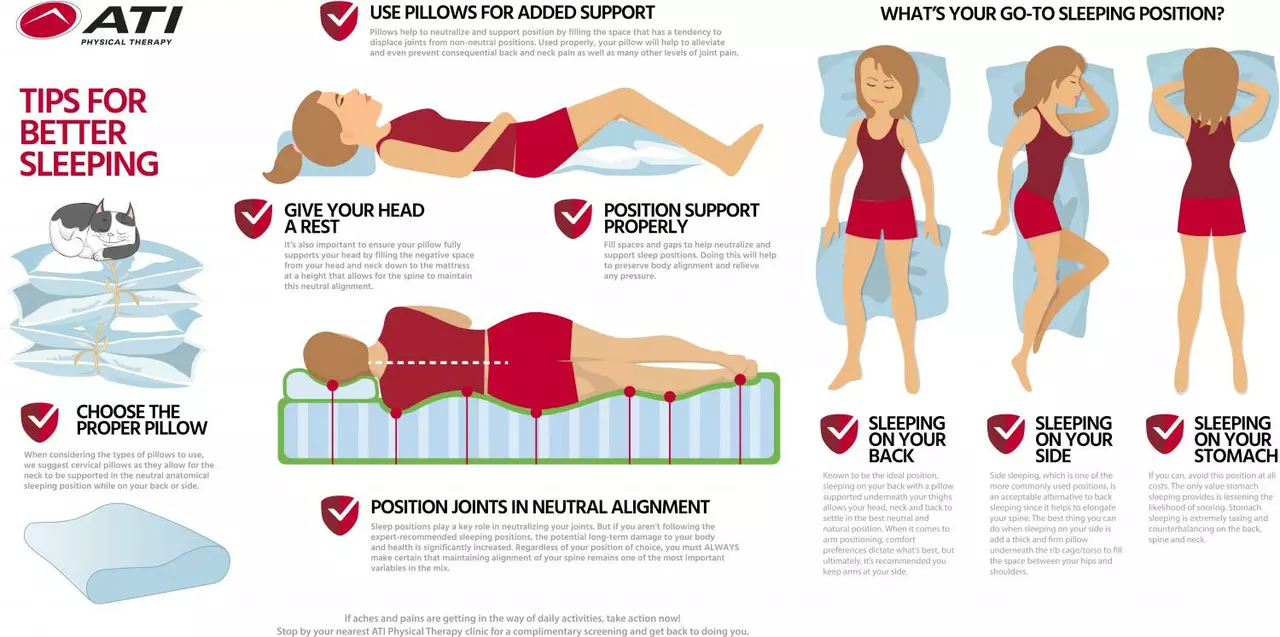
As someone who struggles with ADHD, I understand how difficult it can be to get a good night's sleep. To help combat this issue, I've recently looked into some tips for a better night's rest. I learned that creating a consistent bedtime routine, minimizing distractions in the bedroom, and incorporating relaxation techniques can make a huge difference. Additionally, regular exercise and limiting caffeine intake can also contribute to a more restful sleep. I'm excited to try these tips and hope they can help others with ADHD as well.
Continue Reading

